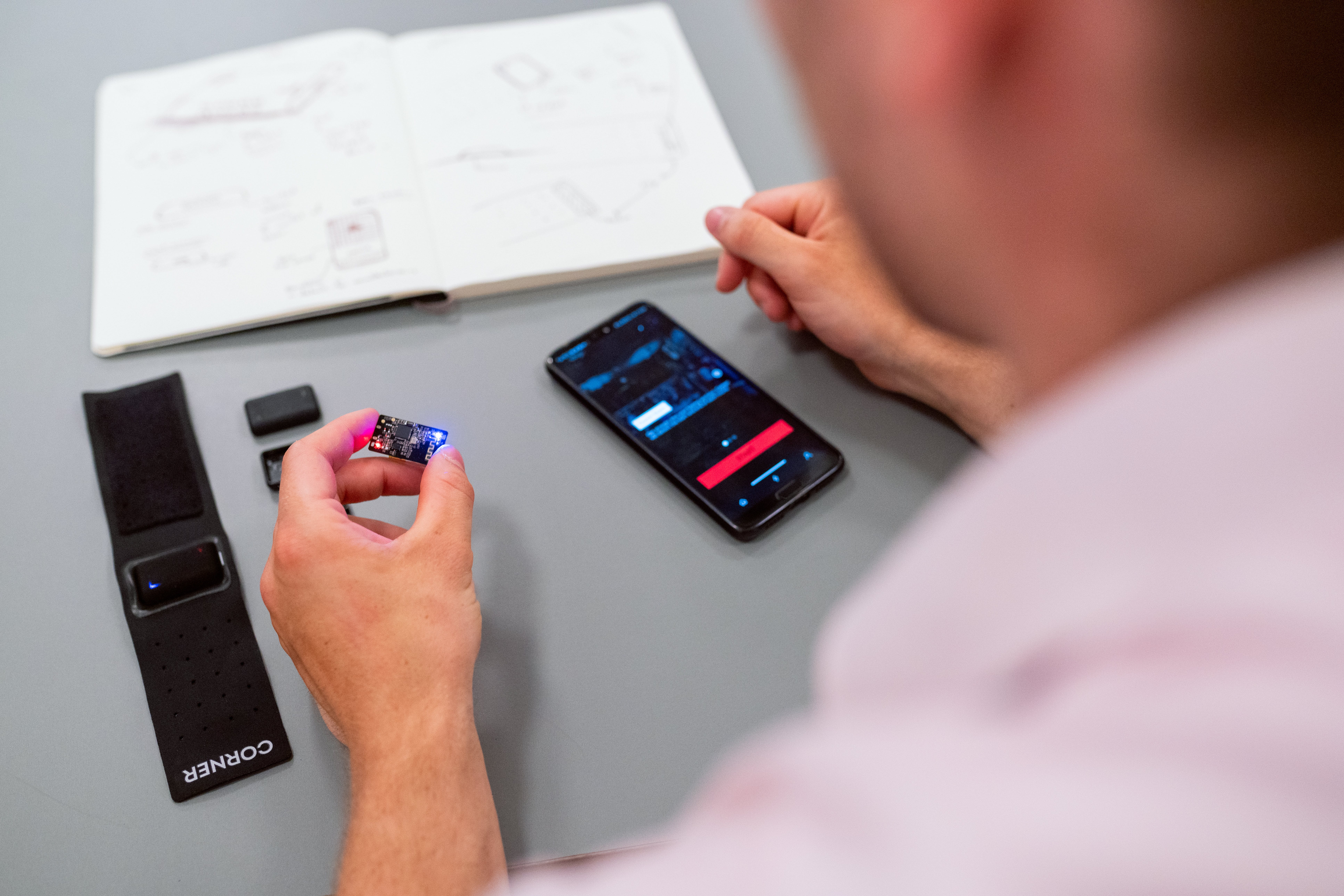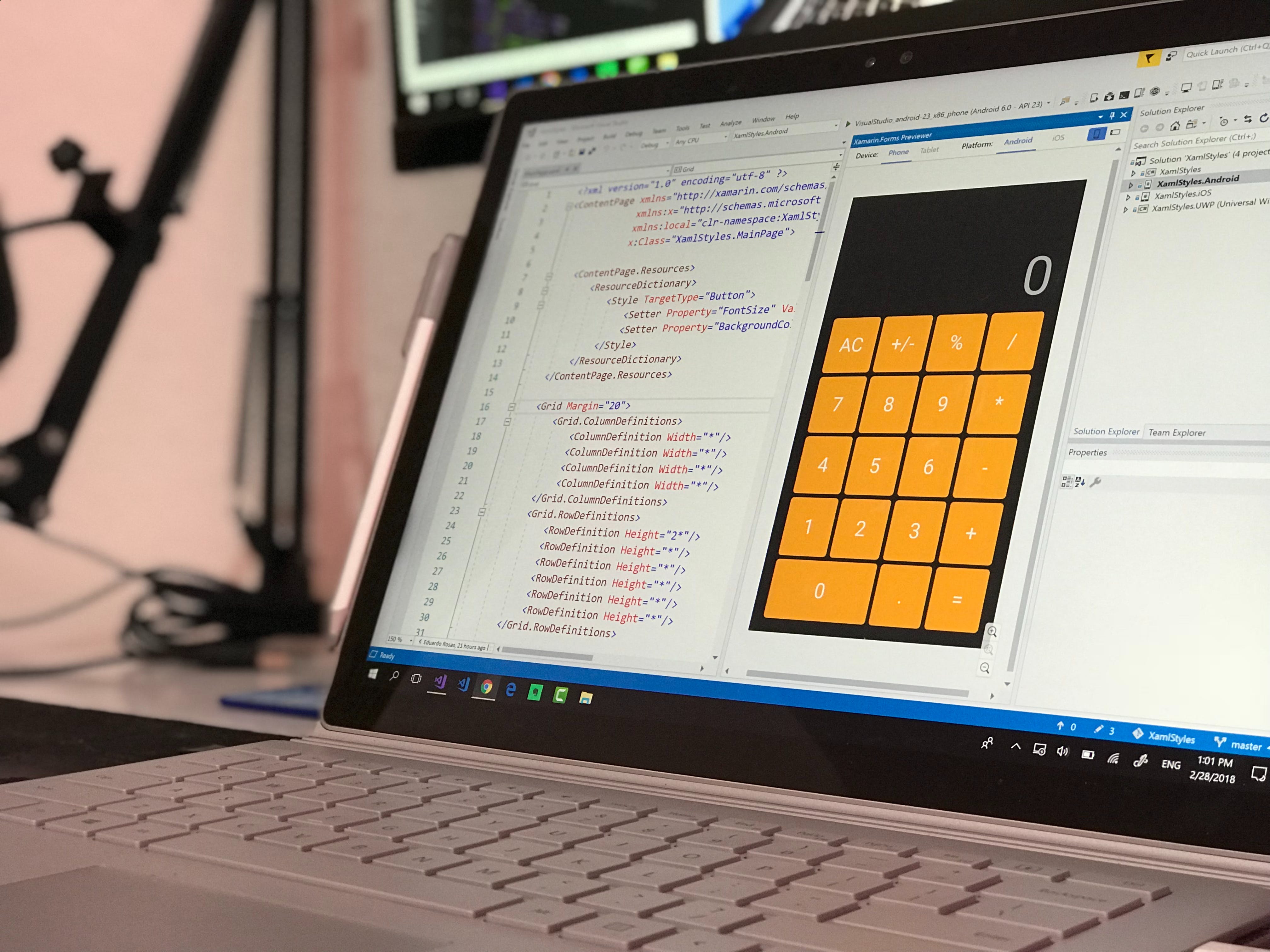Embarking on an IoT project requires a solid foundation, and selecting the appropriate framework for IoT app development is a critical step in this journey. A framework provides the necessary tools, libraries, and guidelines that assist developers in creating efficient and scalable IoT applications. The right framework selection for IoT app development can make the difference between a robust, future-proof application and one that fails to meet the evolving demands of users and technology.
As we delve into the ultimate guide for IoT app development framework selection, we will explore the key considerations to keep in mind, such as compatibility, scalability, and community support. We’ll also compare the top frameworks available in the market to help you make an informed decision.
Whether you are a startup or an established enterprise, the insights provided in this guide will empower you to choose a framework that aligns with your business objectives and technical requirements, setting the stage for a successful IoT implementation. Begin your IoT journey with Biz4Solutions, where innovation meets excellence, and turn your smart ideas into reality.
Significance of Choosing the Correct IoT Framework

When diving into the realm of the Internet of Things (IoT), the importance of choosing the correct framework cannot be overstated. The framework serves as the backbone of any IoT application, dictating its structure, capabilities, and performance. A well-chosen framework ensures that the application is built on a reliable, secure, and efficient foundation, which is essential for handling the complex interactions between various IoT devices and managing the vast amounts of data they generate.
Frameworks provide developers with a suite of standardized practices and tools, which leads to a reduction in development time and costs. Moreover, a suitable framework selection for IoT app development offers built-in features for data processing, storage, and communication protocols that are critical for IoT solutions. By streamlining these processes, developers can focus more on the unique aspects of their application rather than reinventing the wheel for common functionalities.
Another vital aspect is the scalability that the framework offers. IoT ecosystems are dynamic, often requiring the ability to scale up as the number of connected devices grows. The correct framework will have the flexibility to support this expansion without the need for significant rework or performance degradation. Additionally, a framework with a strong community and support system can be invaluable, providing developers with resources, documentation, and assistance when they encounter challenges.
Ultimately, the right IoT framework lays the groundwork for a future-proof application that is adaptable to technological advancements and user expectations, ensuring long-term success in an increasingly connected world.
Key Factors in IoT Framework Selection
.jpg)
Deciphering the key factors in IoT framework selection is central to the development of a robust and efficient IoT application. Compatibility with various hardware and software components is paramount, as IoT ecosystems are composed of a diverse range of devices and sensors. A framework that easily integrates with a wide array of technologies can significantly reduce development complexity.
Furthermore, communication protocol support is a critical factor to consider. IoT devices communicate over numerous protocols such as MQTT, CoAP, and HTTP. Selecting a framework that natively supports the required protocols ensures seamless data exchange within the IoT network.
Security features are another crucial component. IoT applications often deal with sensitive data, making robust security measures like encryption, authentication, and authorization essential to prevent unauthorized access and data breaches.
Developers should also evaluate the scalability and performance of a framework. As the IoT ecosystem grows, the framework must be able to handle an increasing number of devices and greater data volumes without a hitch. Performance constraints can lead to bottlenecks, impacting the overall efficiency of the IoT solution.
Lastly, assessing the community support and documentation available for a framework is beneficial. A vibrant community and comprehensive documentation can greatly assist developers in troubleshooting issues, learning best practices, and staying updated with the latest enhancements.
By meticulously evaluating these factors, businesses can ensure that their framework selection for IoT app development aligns with their project requirements and long-term objectives, setting the stage for a successful and adaptable IoT solution.
Comparing Popular IoT App Development Frameworks

When it comes to framework selection for IoT app development, comparing the popular options is a practical approach to identify the one that best suits a project’s needs. Node-RED, for instance, offers a visual programming environment that simplifies the process of wiring together hardware devices, APIs, and online services. It’s particularly favored for its ease of use and quick prototyping capabilities.
IoTivity is an open-source software framework enabling seamless device-to-device connectivity. It is designed to be scalable and supports a wide range of industry specifications, which is ideal for developers looking to create interoperable IoT devices.
Home Assistant is a home automation platform that integrates with a multitude of smart home devices. It stands out for its privacy-centered design and the ability to run locally without relying on cloud services.
On the commercial side, Microsoft Azure IoT Hub provides a managed service that acts as a central message hub for bi-directional communication between IoT applications and the devices it manages. It offers extensive features such as device-to-cloud telemetry, built-in security, and monitoring capabilities.
Each framework has its unique strengths and trade-offs in terms of compatibility, communication protocols, security, performance, and community support. Therefore, businesses must conduct a thorough comparison of these frameworks, bearing in mind their project-specific requirements, to make an informed decision for their IoT initiatives.
Best Practices for Implementing IoT Frameworks

Implementing an IoT framework effectively necessitates adherence to a set of best practices that ensure a robust and scalable solution. Firstly, security should be a top priority; developers must incorporate strong encryption methods, secure booting, and access controls to protect against potential breaches. It is essential to keep security in mind at every layer of the IoT stack – from the device to the network, and up to the user application.
Another best practice is to ensure scalability. As IoT applications can rapidly grow in size and complexity, selecting a framework that can handle an increasing number of devices and data points without performance degradation is crucial.
Data management is also a key area, with practices such as efficient data collection, storage, and analysis being fundamental to deriving actionable insights from the data generated by IoT devices.
Moreover, interoperability between different devices and systems should be planned for, given the heterogeneous nature of IoT ecosystems. This involves using standard protocols and interfaces that facilitate communication and integration across diverse devices.
Lastly, maintaining device management capabilities, including the ability to update and maintain IoT devices remotely, is critical for long-term sustainability. This includes monitoring device health, managing firmware updates, and troubleshooting remotely to keep the IoT system reliable and up-to-date.
By following these best practices, businesses can maximize the benefits of their IoT framework and create a foundation for the successful deployment of IoT solutions.
Future Trends in IoT App Development Frameworks
As the landscape of the Internet of Things (IoT) continues to evolve, staying ahead of future trends in IoT app development frameworks is crucial for businesses looking to leverage the full potential of IoT technology. The integration of Artificial Intelligence (AI) and Machine Learning (ML) within IoT frameworks is one such trend that is expected to gain momentum. This integration allows for more intelligent decision-making and predictive maintenance based on the data collected by IoT devices.
Another emerging trend is the use of edge computing, which processes data closer to the source, reducing latency and bandwidth use. This is particularly important for real-time applications that require immediate data processing and action.
Furthermore, the adaptation of 5G technology is set to revolutionize IoT by providing faster connectivity and enabling the support of a larger number of connected devices, thus opening new avenues for IoT applications.
Developers will also focus on enhancing interoperability among various IoT systems and devices, making it easier to manage complex IoT ecosystems. Standards and protocols will likely be developed further to simplify the integration of disparate devices and platforms.
The rise of open-source IoT frameworks is another trend that could democratize IoT development, offering more flexibility and community support for developers.
To stay at the forefront of these evolving trends and ensure a future-proof IoT strategy, partnering with an experienced technology solutions provider like Biz4Solutions is imperative. Our expertise in custom software development and digital solutions can help you navigate the complexities of IoT app development and harness the latest innovations.
Ready to elevate your business with cutting-edge IoT solutions? Connect with us at Biz4Solutions and let us help you turn your IoT vision into reality.
